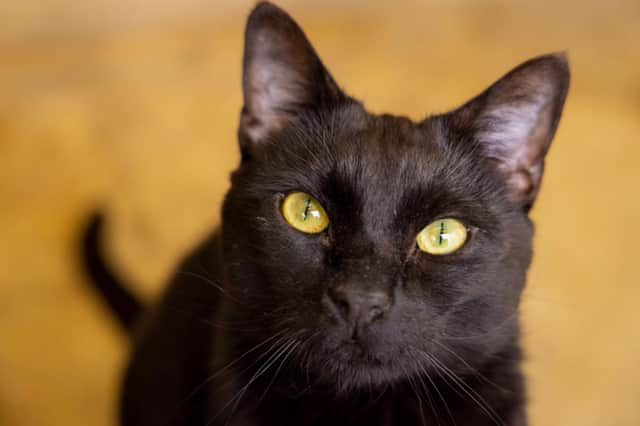RSPCA reveal 2,112 cat cruelty reports were made in Yorkshire in last year, according to new data


The charity has released the heartbreaking figures as part of its Cancel Out Cruelty campaign, in a bid to raise funds to help its frontline rescue teams continue to save animals from cruelty and abuse.
It comes during a busy time for the animal welfare charity which sees cruelty peak in the summer with three reports made every single minute nationally.
Advertisement
Hide AdAdvertisement
Hide AdIt is not known why reports of animal cruelty peak in the summer months although factors such as animal abuse being more visible as people are outdoors more, could be one factor.
The cost-of-living crisis is also thought to be a contributing factor to an increase in deliberate harm to animals at a time when the cost of rescuing animals is at an all-time high and the RSPCA’s vital services are stretched to the limit.
Dr Sam Gaines, head of the RSPCA’s companion animal department, said: “Cats are one of the most popular pets in the UK with an estimated 11 million pet cats in UK homes but our figures suggest sadly they are the second most abused pet – after dogs.
“It is heartbreaking to think that five cats every day are suffering at the hands of humans – it really is appalling – but the RSPCA knows all too well that this cruelty is carried out on a regular basis.
Advertisement
Hide AdAdvertisement
Hide Ad“In many cases these pets have been injured deliberately by their owners – the very people who are supposed to love and protect them. But cats are also more vulnerable as they tend to be out and about on their own.”
